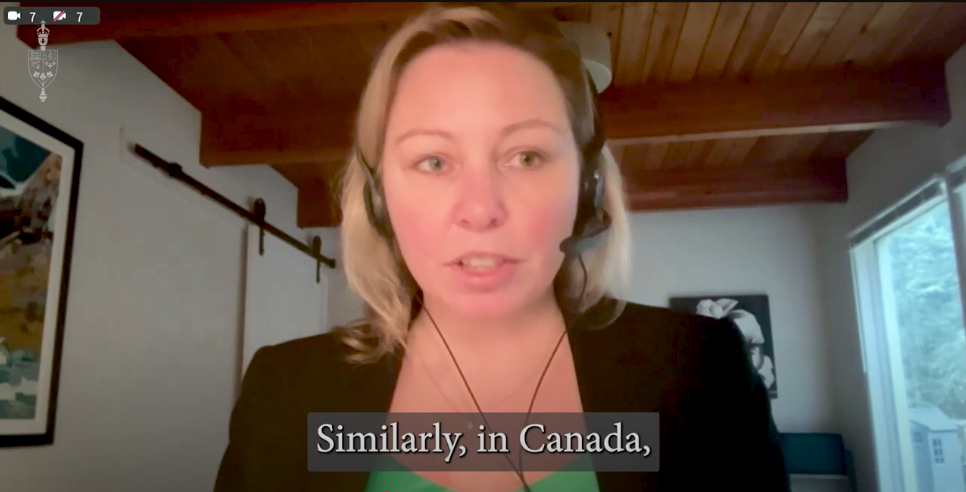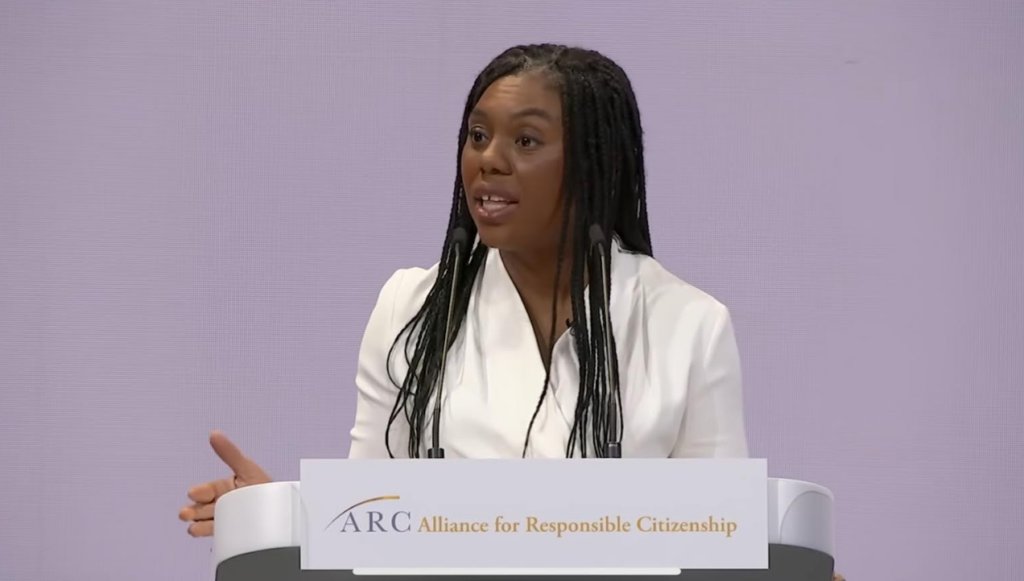In the second part of our Fred Smith story – part of our history series – DeSmog UK investigates his prohibition era-inspired solution to attacking climate science.
Fred Smith, founder of the Koch-funded Competitive Enterprise Institute (CEI), was frustrated that oil companies were almost universally failing to recognise the climate agenda as a threat.
But he soon came up with a plan to rid organisations of the stigma of being publicly linked to oil companies in the campaign against climate science.
“It’s the Baptist and the bootlegger,” Smith told me.
“In counties that are dry, that means you can’t sell alcohol legally, there are still illegal sales of alcohol purveyed by people we call bootleggers.
“Then there’s a reformer who comes along and says, ‘this is ridiculous, we’re losing sales, we’re rewarding bad people, we’re selling adulterated alcohol, with tough consequences, let’s legalise, let’s get rid of the prohibition and legalise alcohol sales’.
And of course the bootleggers don’t like that because they’re enjoying a monopoly profit situation.”
Smith continued: “But they’re not very reputable so they’re not the ones who will lead the fight against prohibition repeal so they use the Baptists, fundamentalist Christians, who really do believe that if you allow drinking it might lead to dancing and things like that.
“So effectively you get that alliance, for very different reasons, of a moral intellectual group and an economic entity.” He concluded: “[This] is a part of, for good or bad, about almost every political change.”
Anti-climate gospel
Smith would call his contacts and friends at oil giant Exxon Mobil and present the same argument. He also called big tobacco, pharmaceutical and car companies: “It’s Baptist-bootlegger,” he would say.
“We can provide the moral intellectual arguments that you find difficult to make and we can make them more if we have more resources to do it.”
The pitch seemed to work. Particularly on his close friend John Blundell, a member of the Koch-elite.
Smith managed to secure financial support from the Charles G Koch Charitable Foundation and the Claude R Lambe Charitable Foundations – both of which Blundell controlled.
The CEI called companies and trusts donating $10,000 or more “competitive allies”. These included the David H Koch Charitable Foundation, Sarah Scaife Foundation and the Earhart Foundation.
The oil firm Texaco, the tobacco company Philip Morris and carmakers Ford were also major contributors.
The funding allowed Smith and his colleagues to preach the anti-climate gospel in the US, Europe and at the major conferences which were now taking place all over the world.
Smith explained that he would attack climate initiatives on three levels. First he would assert the science was “not proven”, then present the economic argument that the costs of mitigation were too high.
Finally, he argued that the bankrupt political process would prevent any effective action. His formula would be repeated by climate skeptics for the next 25 years – including in Lord Nigel Lawson‘s short book, An Appeal to Reason.
“Apocalyptic warming”
The CEI published a collection of papers titled The True State of the Planet as a “major challenge to the environment movement” with funding from the Olin Foundation.
One essay claimed that “scientific evidence argues against the existence of a greenhouse crisis, against the notion that realistic policies could achieve any meaningful climatic impact, and against the claim that we must act now if we are to reduce the greenhouse threat.”
The CEI would also be among the first think tanks to claim that “there is no scientific consensus to support the proposition that human activity will produce an apocalyptic warming of the Earth’s atmosphere”.
Smith even sent American politicians his Environmental Briefing Book for Congressional Candidates.
This made the remarkable, if often repeated claim, that “the likeliest global climate change is the creation of a milder, greener, more prosperous world”.
The CEI was by 1994 no longer operating from a kitchen table, but turning over almost $6 million a year.
A third of the money came from major corporations that “appear to approve of the CEI‘s opposition to environmental legislation”
These included oil giant Texaco, tobacco king Philip Morris, and carmakers General Motors and Ford.
Blundell may well have been a huge help to Smith in securing Koch funding. But it was Smith’s inspiration that would make Blundell the most significant person in the history of Britain’s climate sceptic cause.
Photo: Flazingo Photos via Flickr
Subscribe to our newsletter
Stay up to date with DeSmog news and alerts







